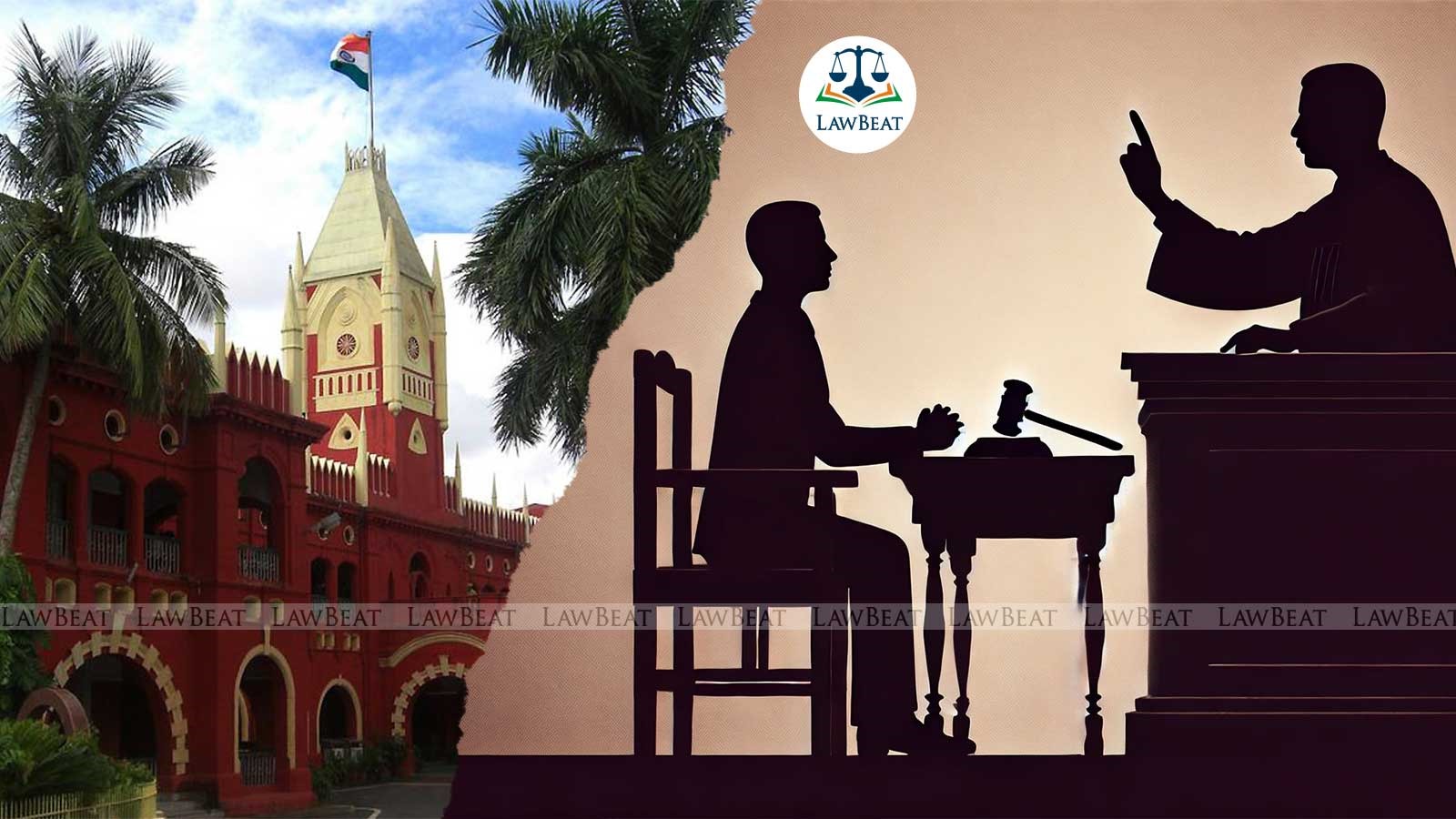Judges Are Not Sightless; Justice System Grants Them Farsightedness' : Orissa HC Rebukes Lawyer Over Forged Affidavit to Claim Juvenility

The court observed, “The High Court is a temple; its presiding deity is Justice. Lawyers are its priests. It is most unfortunate when priests undermine the sanctity and purity of the temple”
The Orissa High Court, in a stern rebuke, reprimanded an advocate and his clerk for submitting a forged document in an attempt to claim juvenility for the appellant. The court reminded the legal fraternity that judges are not sightless and rely on the trust of the justice system, which endows them with farsightedness.
The court, presided over by Justice S.K. Sahoo and Justice Chittaranjan Dash, cautioned a lawyer for submitting a forged School Transfer Certificate (S.T.C.) to falsely claim the appellant’s juvenility. The court noted : “Justice is often metaphorically termed to be blind, but the officers of Courts must not dare to betray the trust of the Bench deeming the Judges to be sightless. They may not forget that it is this very justice delivery system which provides the Judges with farsightedness and confers extraordinary powers on their shoulders to ensure that blind-eye of the lady of justice does not make the society believe that the entire justice delivery system is visionless. Fraud played on this Court by an Advocate or for that matter by even an Advocate’s clerk is a severe form of contemptuous attitude.”
The court made the observation while hearing an appeal, filed by Jata @ Sanatan Hessa, against a criminal conviction. The counsel appearing for the appellant had filed an affidavit before the court, submitting an S.T.C. to argue that Hessa was a juvenile at the time of the offence, seeking leniency under the Juvenile Justice Act. However, discrepancies arose regarding the authenticity of the document. Gania Gagaria, Hessa’s brother-in-law, initially claimed that he had handed the S.T.C. directly to Hessa's lawyer, Advocate Nityananda Panda. Later, in a sworn affidavit, Gagaria contradicted his earlier statement, asserting that he had handed the certificate to the appellant during a 2018 prison visit. These conflicting statements raised suspicions about the document's authenticity, prompting the Court to investigate potential forgery.
After reviewing the evidence and noting the contradictions in the affidavits, the Court rejected the interim application. It underscored the gravity of submitting false documents in court and stressed the importance of ethical conduct in the legal profession. “Advocates are the officers of the Court. They are wheels of justice. Administration of justice mostly depends upon the fiduciary relationship shared by the Bar and the Bench. The trust which reposed on the legal professionals by the Court is of utmost good faith. Needless to say, let alone affidavits, the Courts do not think twice before presuming any document filed by an Advocate to be genuine,” the court remarked.
The court cited previous rulings including the Bhabani Shankar Tripathy v. Secretary to the Government of Orissa (1991), reminding lawyers of their duty to uphold truth and honesty in their profession. Furthermore, the Court reiterated that filing forged documents is not only contemptuous but also threatens the very foundation of justice. “The Bar is not a mere conglomerate of law Graduates. Its glory is its tradition which is not acquired but grows in course of time, over the ages by the consecrated and dedicated service rendered to the cause of justice by the members by their sweat, toil and tears,” the bench noted.
While the court considered initiating contempt proceedings against Gania Gagaria for his contradictory statements, it ultimately accepted his unconditional apology, considering his recent personal loss and his time in custody. Gagaria was released from custody, but the Court issued a stern warning regarding future misconduct.
Additionally, the court directed the Registrar (Judicial) to notify the appellant, Jata @ Sanatan Hessa, of his advocate's withdrawal from the case and instructed the appellant to either appoint a new lawyer or seek assistance from the Orissa High Court Legal Services Committee if unable to do so.
Cause Title: Jata @ Sanatan Hessa v State of Odisha [CRLA No.389 of 2020]
